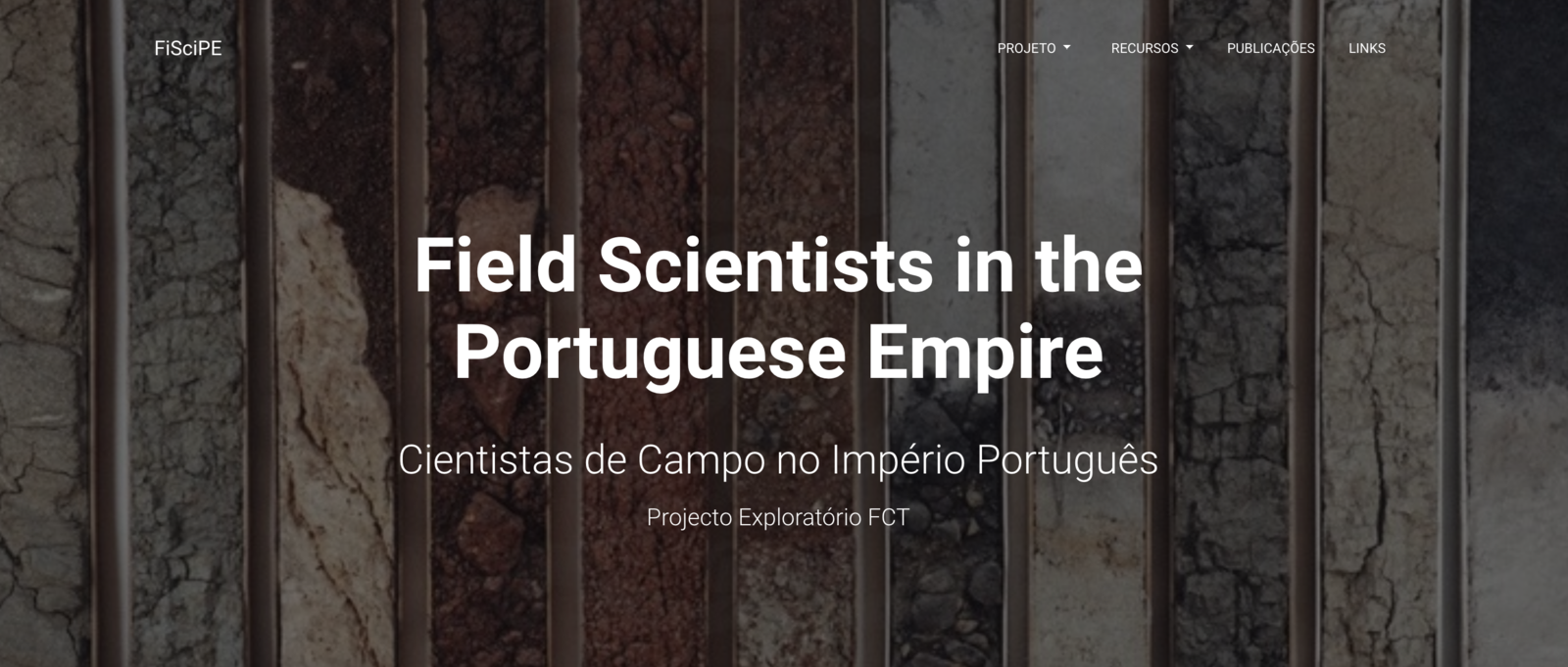Field Scientists in the ‘Luso-tropical Setting’: Knowledge, Ideology and Governance in Late Portuguese Empire
Team
Cláudia Castelo (PI)
Period
2014–2019
Funding
Fundação para a Ciência e a Tecnologia (FCT Researcher Programme)
Description
This research project addresses the question of how field scientists’ activity impacted on colonial ideology and governance in late Portuguese colonial empire. My hypothesis is that being the New State (1933-1973) an Imperialistic dictatorship it would be extremely difficult for scientists in the colonies to carry out autonomous research that challenged the foundations of colonial rule; still scientists – regardless their own believes and constraints – develop critical thinking, respond to rationalist, universalistic and ethical principles. Therefore it is necessary to explore the notion of relative autonomy of the scientific field and understand scientists' individual strategies. Because field scientists were actually in the terrain, produced knowledge based in place and kept systematic records, they are crucial to understand Empire's functioning. Because they circulated between Metropole and colonies and between different colonies (Africa, India and Timor) they managed to make comparisons and have an assemblage vision of the Empire. This project is anchored at the intersection between the History of Imperialism and the Social History of Science, aims at combining methodologies from History and other Social Sciences, and intends to use institutional archival data, oral sources and scientists’ personal papers.
Database
As an output of this research project, a website makes available information about the project, a searchable database, and references to communications and publications by the team members. The database gathers data on research institutions and personnel that were directly or indirectly involved in fieldwork in the Portuguese colonies between the 1930s and 1970s. The main primary sources consulted for the database were the archives of the Junta das Missões Geográficas e de Investigações Coloniais/do Ultramar (Colonial/Overseas Research Board), today in the custody of the Universidade de Lisboa (University of Lisbon), and primary sources (both published and in manuscript form) produced by the Board.
N.B.: The contents are still being inserted, revised and expanded. Any feedback that contributes to its improvement is appreciated. (Dec. 2018)
